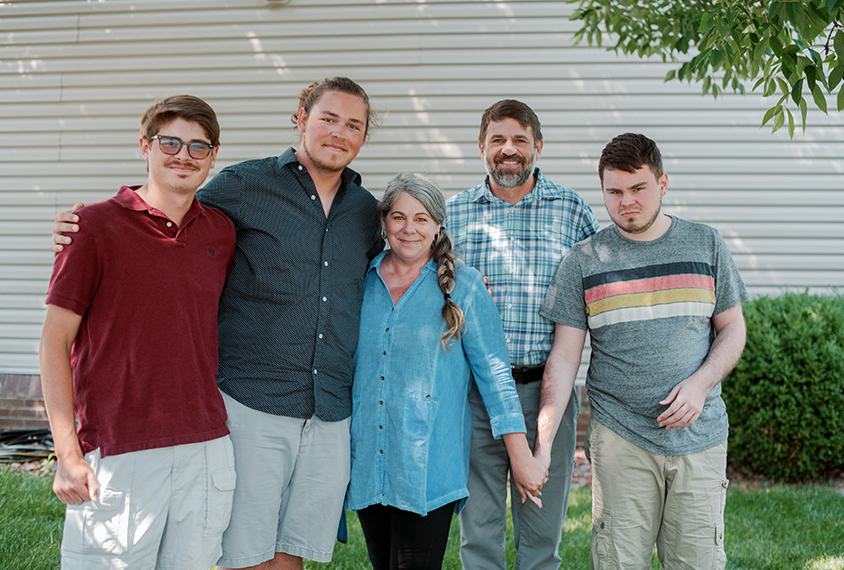Marta Zaraska is a freelance science journalist whose work has appeared in The Washington Post, Scientific American and The Boston Globe, among other publications. She has written two literary novels and contributed to two travel books published by National Geographic. Her nonfiction book “Meathooked: The History and Science of Our 2.5-Million-Year Obsession With Meat,” was published in 2016 by Basic Books and chosen by Nature as one of “the best science picks” in March 2016.

Marta Zaraska
From this contributor
Moving for autism care
Disparities in state services for autism are driving families to relocate. But not everyone can afford to move, and others find that their new home also has faults.
The problems with prenatal testing for autism
As prenatal testing improves, it presents a host of thorny issues — from what to test and how to interpret the results, to what to do about them.

The problems with prenatal testing for autism
Europe’s race to ramp up genetic tests for autism
Many countries in Europe are reckoning with the growing demand for genetic tests for autistic people — and the accompanying ethical and scientific considerations.

Europe’s race to ramp up genetic tests for autism
France faces down its outdated notions about autism
After lagging behind other countries for decades, France is working on a new national plan for autism.

France faces down its outdated notions about autism
Explore more from The Transmitter
Two neurobiologists win 2026 Brain Prize for discovering mechanics of touch
Research by Patrik Ernfors and David Ginty has delineated the diverse cell types of the somatosensory system and revealed how they detect and discriminate among different types of tactile information.

Two neurobiologists win 2026 Brain Prize for discovering mechanics of touch
Research by Patrik Ernfors and David Ginty has delineated the diverse cell types of the somatosensory system and revealed how they detect and discriminate among different types of tactile information.
Shifting neural code powers speech comprehension
Dynamic coding helps explain how the brain processes multiple features of speech—from the smallest units of sounds to full sentences—simultaneously.

Shifting neural code powers speech comprehension
Dynamic coding helps explain how the brain processes multiple features of speech—from the smallest units of sounds to full sentences—simultaneously.
Astrocytes orchestrate oxytocin’s social effects in mice
The cells amplify oxytocin—and may be responsible for sex differences in social behavior, two preprints find.

Astrocytes orchestrate oxytocin’s social effects in mice
The cells amplify oxytocin—and may be responsible for sex differences in social behavior, two preprints find.
